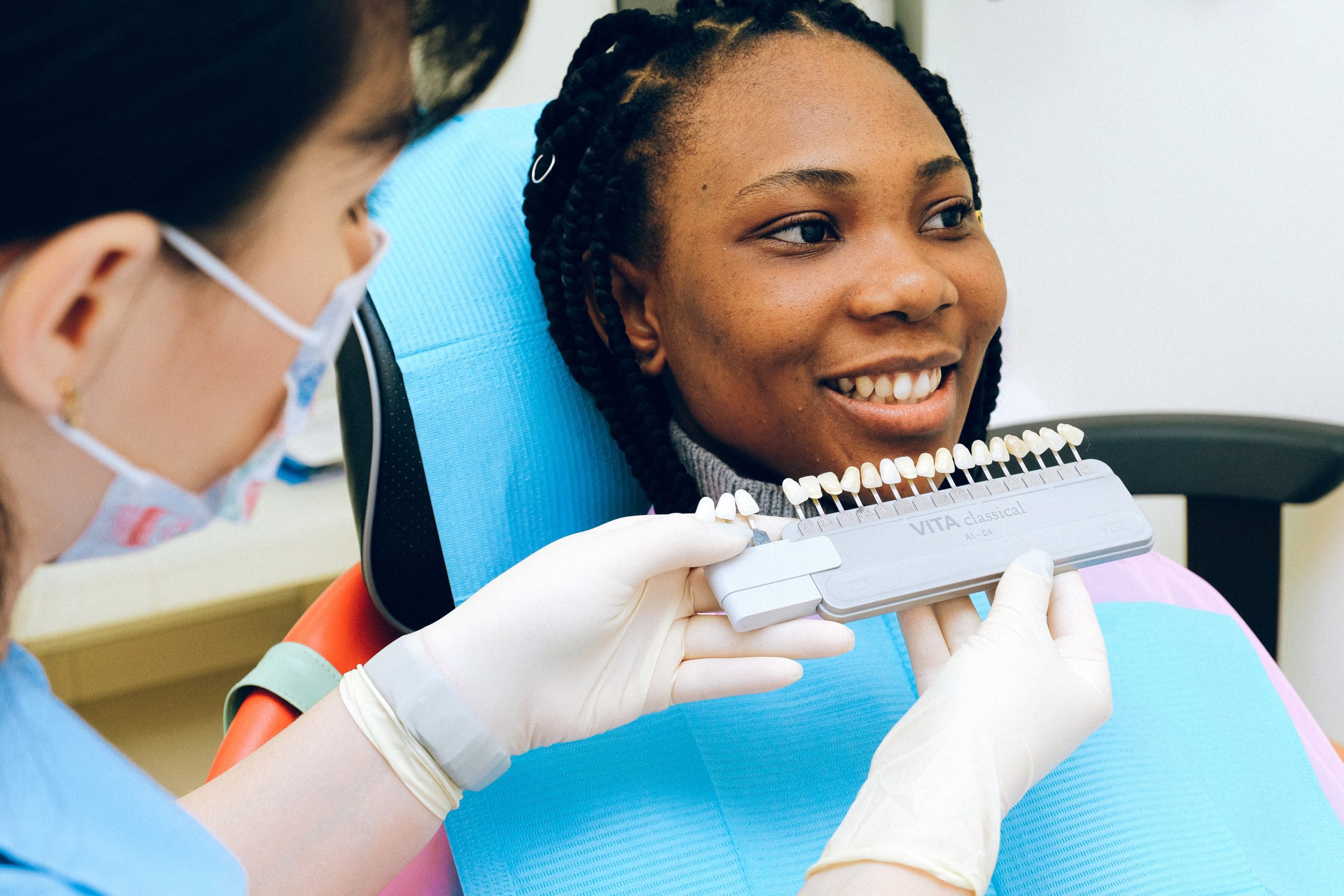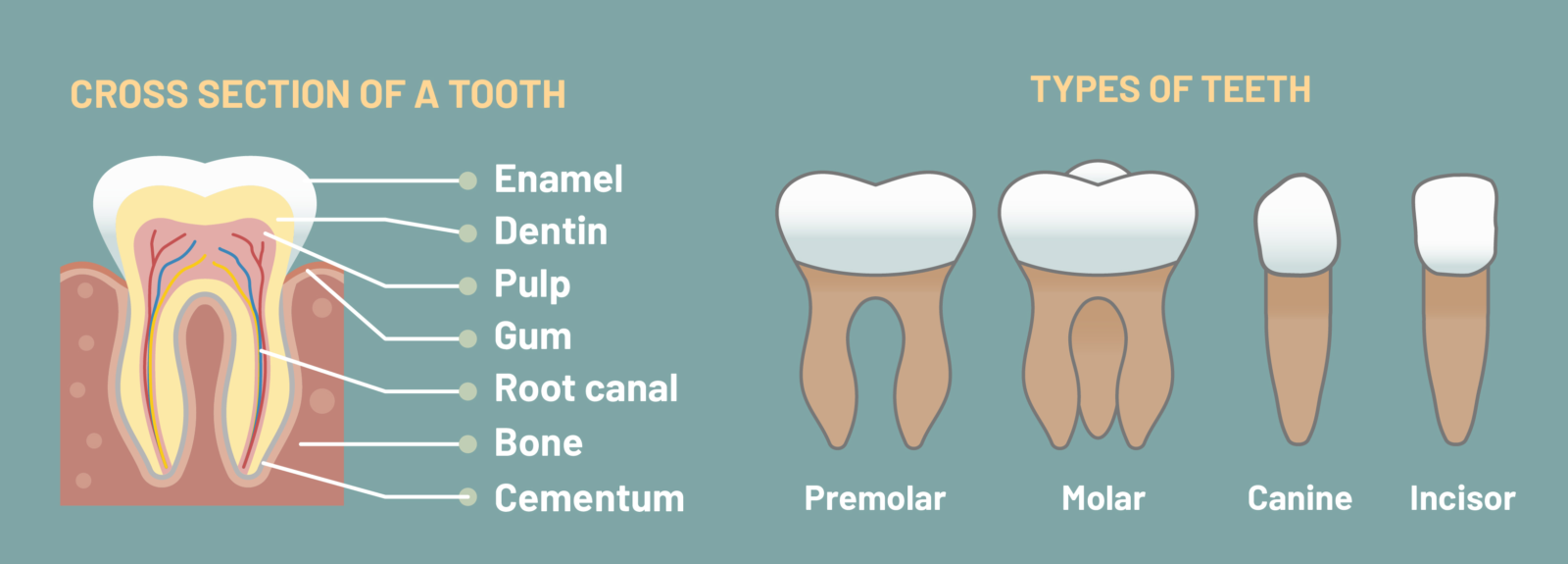Good oral health is important at any age, especially for children. Unfortunately, children’s teeth decay is a real problem in Australia. Children aged between five and ten years have, on average, one and a half decayed or filled teeth or teeth that are missing entirely. It is a situation we actively seek to change here at Tandara Dental. As a family-oriented dental practice, we welcome people of all ages but reserve an especially warm welcome for children. We work hard to ensure we create a dental home where they can feel relaxed and comfortable.
Why Is It Important to Look after Children’s Teeth?
Good dental care should begin early, and you must look after your child’s oral health right from the start. Before they get their teeth, you can begin cleaning their gums by gently wiping them with a damp, clean washcloth or gauze. You need to begin brushing their teeth as soon as they start teething. Some parents think these baby teeth are not that important because they fall out after a few years, but cavities in teeth are painful at any age, and your baby’s teeth help ensure the adult teeth underneath can develop correctly.
What Happens If You Don’t Care for Your Child’s Baby Teeth?
Without the proper care, children’s baby teeth can soon become decayed. Baby or milk teeth are more prone to developing cavities than adult ones since they have a thinner layer of protective tooth enamel that is more quickly eroded. When baby teeth are extensively decayed and need to be removed. If these teeth are extracted, it leaves behind a gap, and the remaining baby teeth will start to drift towards this space. This leaves less room for the adult teeth to come through, so they are more likely to emerge crooked and overcrowded, increasing the chances that your child will need orthodontic treatment to straighten them.
Additionally, baby teeth are important to help your child learn to speak clearly, so they can begin communicating with others and learn important socialisation skills. Eating properly without strong, healthy teeth that are free from pain is also very difficult. Without healthy baby teeth, your child might struggle to eat a varied and nutritious diet, affecting their overall growth and development.
Children’s tooth decay is preventable, and listed below are four things you need to know about your child’s teeth and how to ensure they remain strong, healthy and free from disease.
-
Book Your Child’s First Dental Visit
Regular dental checkups are vital for preventing tooth decay and other dental problems and are the easiest and most effective way to ensure your child grows up with strong, healthy and cavity-free teeth. We suggest booking your child’s first dental checkup between the ages of 2 and four. This initial visit aims to get them used to our dental practice, where they can enjoy a ride in the dental chair, and our pediatric dentist can take a quick peek inside their mouth, ensuring they have a positive experience. If any treatment is necessary, we can book them another appointment. Otherwise, we can suggest a suitable preventive dental care routine.
Bringing them to see us early on ensures we can make these visits as enjoyable and relaxing as possible. It is far preferable to waiting until your child develops a cavity and may be in discomfort or pain. When this happens, they may associate other visits to the dentist with this less pleasant memory. If we spot signs of an early cavity or another dental problem, we can treat it much more quickly and comfortably, preserving the baby tooth until it is ready to fall out naturally to make way for an adult tooth underneath.
-
Brush Your Child’s Teeth for Them until Age Eight
Until age eight, your child lacks the dexterity needed to brush their teeth thoroughly, so you must complete this task for them. Inevitably, as they get older, they will want to brush their teeth on their own, and you can encourage this by guiding their hand, so they learn the proper movements. Don’t forget, we can also work directly with your child, teaching them the proper techniques for brushing.
-
Encourage Them to Spit, but Don’t Rinse
Initially, you only need a tiny smear of toothpaste on the toothbrush to clean your child’s teeth. Ask us for advice on which children’s toothpaste to use. As your child gets older and develops the ability to spit, you can begin using a small pea-sized amount of toothpaste. After brushing, make sure your child spits out any excess toothpaste but don’t get them to rinse their mouth. Not rinsing will leave a thin layer of toothpaste coating their teeth where the fluoride can be absorbed more easily, offering a bit more protection against tooth decay.
-
Watch Their Sugar Consumption
Sugar is a major cause of cavities in kids’ teeth. Many foods contain hidden sugars, even those that seem healthy, like fruit leather, dried fruit and granola bars. When sugars remain to coat their teeth, they feed harmful bacteria that produce acid. The acid attacks the tooth enamel, softening it and eventually eating through the enamel and causing cavities. When your child has something sugary sweet, get them to rinse their mouth immediately afterwards; ideally, they should clean their teeth about half an hour after eating. Waiting allows acidity levels in the mouth to normalise, so tooth enamel is less likely to be soft and more easily eroded when they brush their teeth.
Working With You to Keep Your Child’s Teeth Healthy and Strong
We love seeing families and building strong professional relationships that we hope will last for years. When you bring your child to visit us, we will work closely with you, ensuring you have all the knowledge you need to care for their oral health at home.
We firmly believe in patient education, so if you want to know how to clean your child’s teeth properly, please just ask. Would you like to know how to floss your child’s teeth correctly? No problem, as we can demonstrate the right techniques and discuss which tools to use, such as children’s toothpaste, toothbrushes and dental floss.
As your child grows up, we can begin working with them directly, using fun facts for kids to explain why good dental care is so important and how do we keep our teeth healthy and free from disease. Our dental team also has a wealth of facts about teeth that will keep them interested in oral health, giving them the tools they need to look after their teeth into adulthood.










